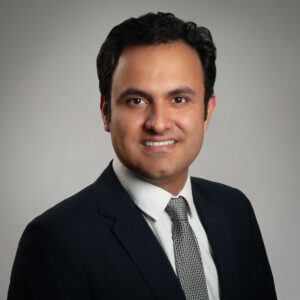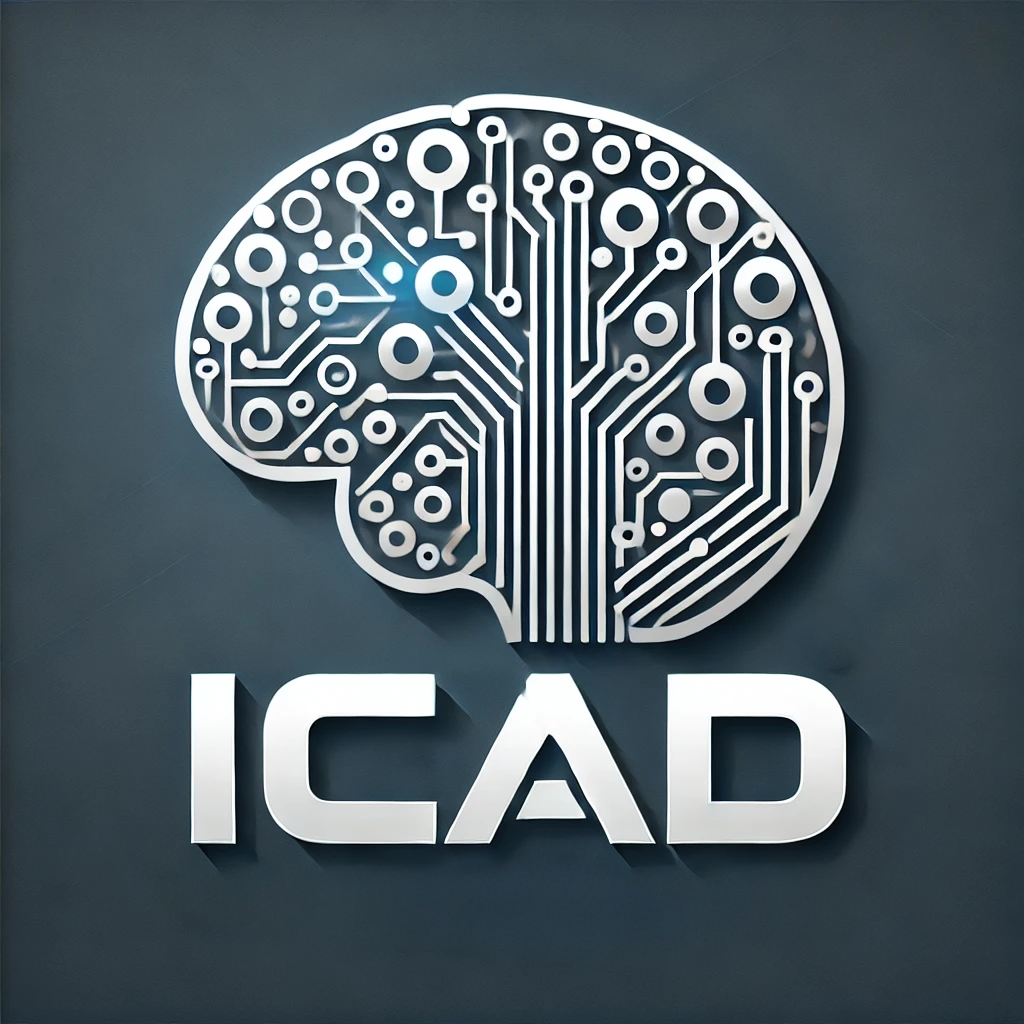we are IEEE Boston
The professional home for the engineering and technology community worldwide.
JAN 2026
Boston Section news, announcements and events in our monthly digital newsletter The Reflector
UPCOMING EVENTS
January 2026
Subsea Cables for Offshore Wind
Organizer
-
Power & Energy Society
-
Website
https://site.ieee.org/boston-pes/
Location
- Wentworth Institute of Technology - Building: Beatty Hall (Room: Beatty TBD)
- 550 Huntington Ave, Boston, MA
Power & Energy Society
Omar Alshafiei, PE. Senior Cable Engineer, Avangrid
Refreshments start at 6pm, talk at 6:30pm
Location: Wentworth Institute of Technology, Building: Beatty Hall (Room: Beatty TBD) 550 Huntington Ave, Boston, MA 02115 (Free parking at West Parking Lot)
For those interested in CEU/PDH Certification, a $5 fee is required to issue the certificate
Subsea cables are a critical component of offshore wind projects, enabling the reliable transmission of power from offshore assets to onshore grids. This overview examines subsea cable applications in offshore wind, drawing on practical experience from projects delivered across multiple regions worldwide. It covers the complete project lifecycle, from initiation to commissioning and asset condition monitoring, including feasibility studies, route and burial design, manufacturing, load-out, installation, testing, and final handover to operations and maintenance. Key considerations such as route clearance, offshore execution methodologies, interconnections to structures, and strategies for cable protection and integrity monitoring are also highlighted, providing a detailed perspective on the engineering, logistical, and operational factors that support successful subsea cable deployment in offshore wind projects.
Omar Alshafiei is a Project Manager and Subsea Engineer with extensive global experience in subsea cable engineering and offshore operations. He has delivered more than 35 subsea cable projects for the offshore wind and subsea telecommunication industries across North and South America, Europe, Africa, Asia Pacific, and the Middle East, covering feasibility, design, manufacturing, installation, and handover to operations and maintenance. He has led major offshore wind subsea cable initiatives, managing the technical development and execution of projects exceeding $1 billion in value. His background includes overseeing complex subsea installations, seabed interventions, and repair operations for large-scale subsea cable projects.
Omar holds a Master’s in Subsea Engineering and a bachelor’s in mechanical engineering. A licensed Professional Engineer (PE) and certified PMP, PMI Construction Professional (CP), and Risk Management Professional.
Free and Open to the Public; RSVP is appreciated
Visit our web page to RSVP and for further details – IEEE PES Boston – https://site.ieee.org/boston-pes/
For any questions regarding this presentation or any IEEE PES Boston Technical Meetings, please contact. PES Boston Technical Meetings Chair: Zhihao Jiang (zhihao.jiang@eversource.com)
The Evolution of mmWave Antenna in Package Toward a Connected Intelligent Future
Location
- Location Name
MTT-S YP Outstanding Lecturer Series 2026, MTT-S Speakers Bureau Program, MTT/AP-S Boston Joint Chapter – 12:00PM, Wednesday, January 28 – Virtual (Eastern Time)
The Evolution of mmWave Antenna in Package Toward a Connected Intelligent Future
This lecture presents the latest innovations in mmWave antenna-in-package (AiP) technologies as a key enabler of high-performance wireless communication and sensing systems. It covers advancements in high-frequency packaging substrates for compact multi-layer AiP integration, along with signal and power integrity challenges and solutions. The lecture also includes heterogeneous integration approaches, measurement methodologies and results, as well as an introduction to the emerging Antennas-to-AI platform concept.
Atom O. Watanabe is currently a Staff Research Scientist at the IBM T.J. Watson Research Center. His current research interests and expertise include modeling and design, signal/power integrity analysis, and hardware characterization for millimeter-wave packages, co-packaged optics, chiplet-based high-performance computers, and quantum computers. He received the Ph.D. in electrical and computer engineering from Georgia Institute of Technology.
This talk is supported by MTT-S YP Outstanding Lecturer Series and MTT-S Speakers Bureau Program.
Register at: r1.ieee.org/mtts-boston
Recent News and Announcements

Boston Section Awards Nominations
Know an exceptional member of the Boston Section? Please nominate them for a 2026 Boston Section Award.
https://ieeeboston.org/section-awards

A Historic Beginning: Serving as the 2026 IEEE Boston Section Chair on America’s 250th Anniversary
As the calendar turns to 2026, two milestones converge in a way that feels both symbolic and inspiring: the 250th anniversary of American independence and the start of my tenure as Chair of the IEEE Boston Section. This unique intersection of history and leadership offers an opportunity to reflect on the values that have shaped both our nation and our engineering community—and to chart a course for the future.

Artificial Intelligence in Medicine
In the latest Reflector editorial, Farhad Nezami, IEEE Boston Professional Development Co-Chair, dives deep into Artificial Intelligence in Medicine: Promise, Challenges, and the Role of Engineers and Clinicians Collaborating Together
The Benefits of Online and On-Demand Training with IEEE Boston
1
Expert
Trainers
Online training with an expert gives learners from anywhere in the world high-quality instruction from seasoned professionals.
2
On-Demand Access
With on-demand course offerings, students learn at their own pace, allowing them to revisit topics as needed.
3
Online
Support
Dedicated online support ensures that learners receive prompt assistance.






